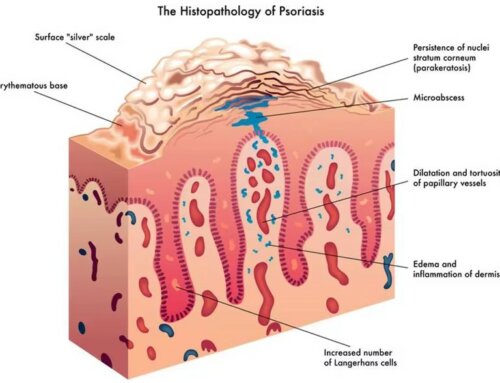Every year, new studies are published touting the beneficial effects that various herbs, supplements, and foods can have for people with diabetes. One such food that’s been the focus of attention in the last few years is bitter melon.
Bitter melon (also known as bitter gourd, bitter cucumber, bitter apple, balsam pear, karolla, and karela) is a tropical fruit that grows on vines in parts of Asia, Africa, and the Caribbean. It has been used for hundreds of years as an ingredient in various savory dishes in places as diverse as India, Japan, and the Philippines. Moreover, bitter melon has also been valued for centuries for its medicinal benefits in countries like China, Panama, and Colombia.
A study of the healthful properties of bitter melon was published in March 2008 by scientists from the Garvan Institute of Medical Research and the Shanghai Institute of Materia Medica.[1] In this study, researchers extracted compounds that seem to aid in glucose uptake. The four compounds studied apparently work together to activate AMPK, an enzyme that regulates the metabolism and helps the body absorb glucose effectively. AMPK helps ensure that glucose is moved from the bloodstream to a cell’s surface, where it can be absorbed by the cell for use as fuel.
AMPK is usually activated by exercise, which explains why physical activity helps to even out blood sugar levels. Since bitter melon also activates AMPK, it appears that it can have an effect similar to that of exercise when it comes to increasing glucose uptake. It also has no known side effects, unlike some diabetes drugs that are prescribed to activate AMPK. This news could be very important in determining treatment for people with diabetes who are unable to exercise for whatever reason.
Studies of bitter melon are ongoing but seem promising. At this time, it is recommended that bitter melon should not be used by women who are pregnant, lactating, or of childbearing age. It may also cause serious complications for children.[2] If you are interested in finding out more about the impact bitter melon could have on your diabetes, speak with your health care professional.
[1] Garvan Institute of Medical Research (2008, March 27). A Ton Of Bitter Melon Produces Sweet Results For Diabetes. ScienceDaily. Retrieved April 8, 2008, from http://www.sciencedaily.com/releases/2008/03/080327091255.htm
[2] http://www.diabeteshealth.com/read/2005/02/0¼095.html






Leave A Comment